
How AI is Transforming Traditional Banking & Finance in 2025 is evident as artificial intelligence (AI) enhances efficiency, security, and...
Custom Software Development and Enterprise Solutions for Seamless Business Operations
MicroStop Infotech Pvt. Ltd. is a leading IT company and the best software development company in Nashik, offering a wide range of innovative digital solutions. We specialize in custom software for banking, patsansthas, educational institutions, hospitals, and enterprises. Our expertise includes CRM software, asset management systems, and industry-specific applications. We also provide BBPS (Bharat Bill Payment System) services, website development, mobile app development for Android and iOS, WordPress website development, and secure web hosting services. Additionally, we offer hardware sales and support, delivering complete IT infrastructure solutions.
CLiQBank Software is a comprehensive, user-friendly banking solution designed to streamline operations with its fully menu-driven interface. It offers multi-user access, secure data management, and integration with various banking devices like ATMs and printers.
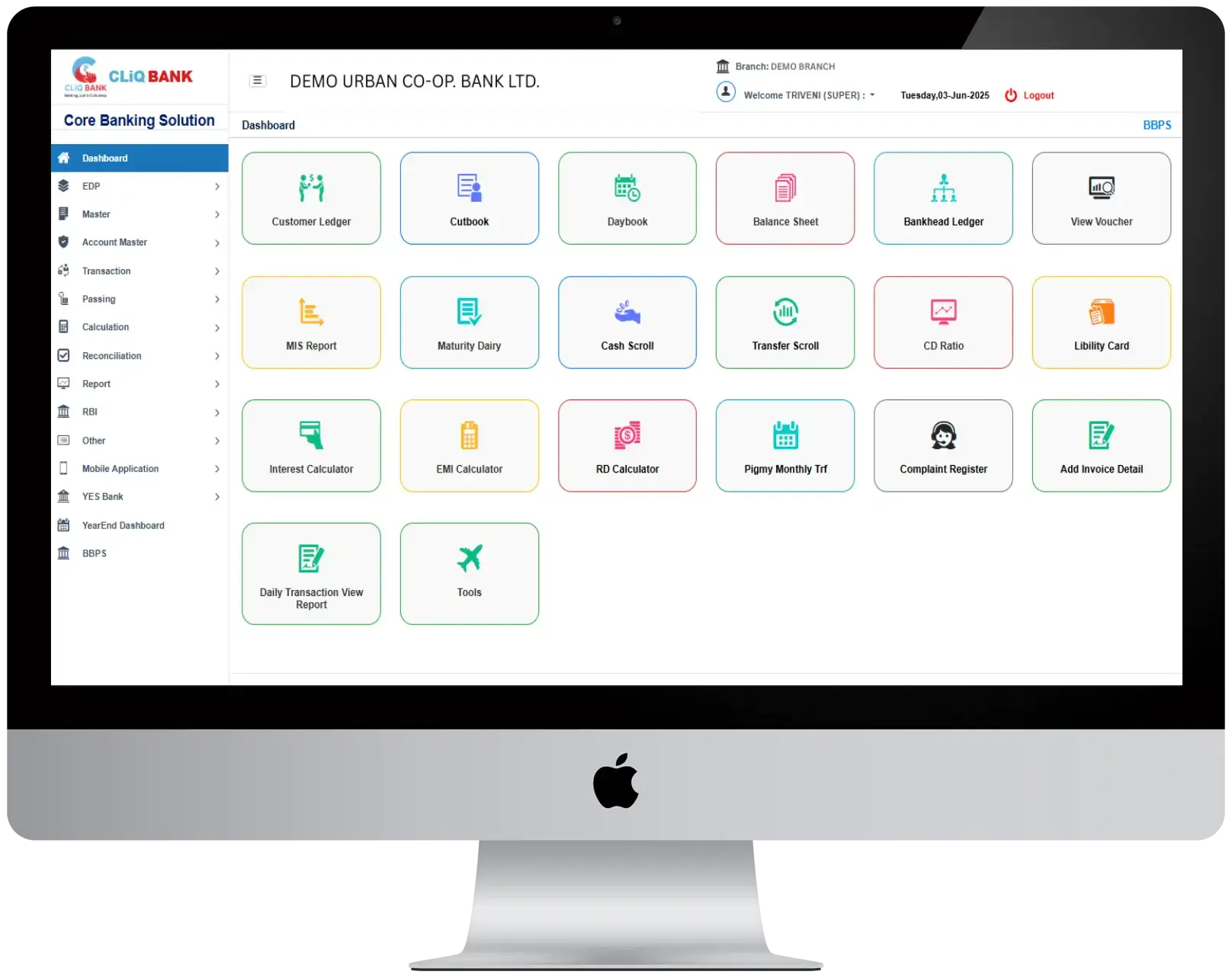
To make the operations of Patsanstha faster and to meet the needs of the people, MicroStop has developed the “Arthunnati“ software. This software will streamline and simplify both office and customer operations.
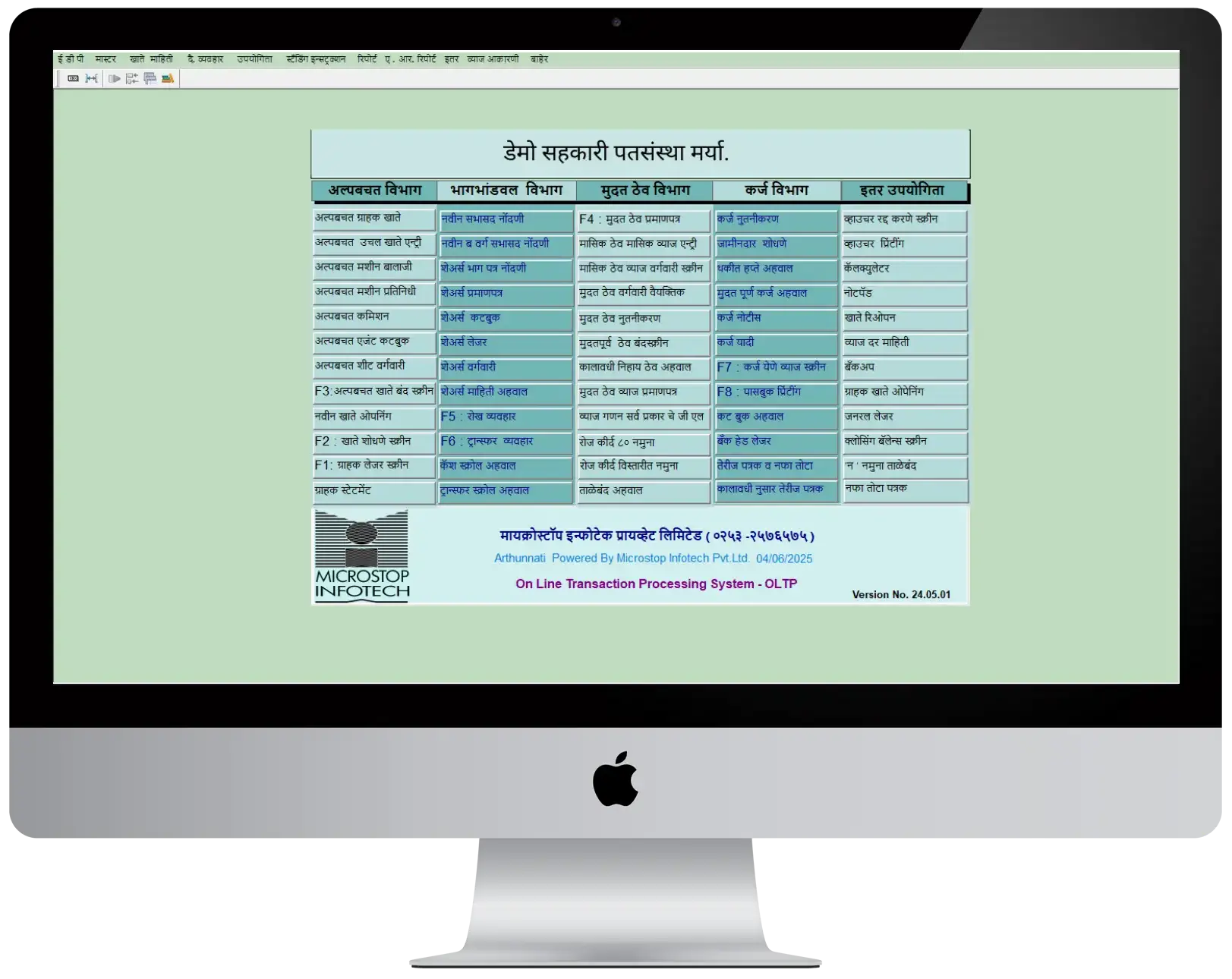
Asset Magic software is an asset management software designed to help businesses track, manage, and optimize their assets. It typically offers features such as asset tracking, maintenance management, inventory management, depreciation tracking, and reporting. This software is useful for organizations that need to keep a detailed record of their physical and digital assets, ensuring efficient utilization, maintenance, and compliance.

MIPL Backup Plus Software is a hassle-free backup solution, including all the features you need to better serve your users. The agent software is available for all major platforms such as Windows, Mac OS, and Linux. This allows you to use a single solution to back up your entire computer system.

Fireguardian Firewall Software is a powerful, all-in-one firewall solution designed to secure networks of any size—from enterprise data centers to small office setups. Built for performance, flexibility, and deep protection, Fireguardian ensures your network remains safe, fast, and reliable.

Our Payroll Management System is a powerful, secure, and user-friendly software designed to automate and streamline your entire payroll process. Whether you’re a small business, a growing company, or a large enterprise, our system ensures timely and accurate salary processing, compliance with statutory regulations, and transparent employee management.

Welcome to our advanced Document Management System – a comprehensive solution designed to digitize, organize, and secure your business documents effortlessly. Whether you’re a small business or a large enterprise, our DMS ensures efficient document handling, increased productivity, and reduced paper dependency.

Apna School Management Software is a fully offline, all-in-one solution designed to streamline school operations. It covers modules like student and staff management, fees, library, transport, hostel, exams, and accounting. The software automates attendance with machine integration and sends real-time SMS alerts to parents.

Doctors Cloud Software is a comprehensive Hospital Management Information System (HMIS) designed to streamline healthcare operations through paperless automation. It offers an intuitive, mobile-friendly interface, supports multi-language prescriptions, integrates with medical devices, and provides powerful tools for billing, patient records, and clinical workflows—all built to enhance efficiency and improve patient care.
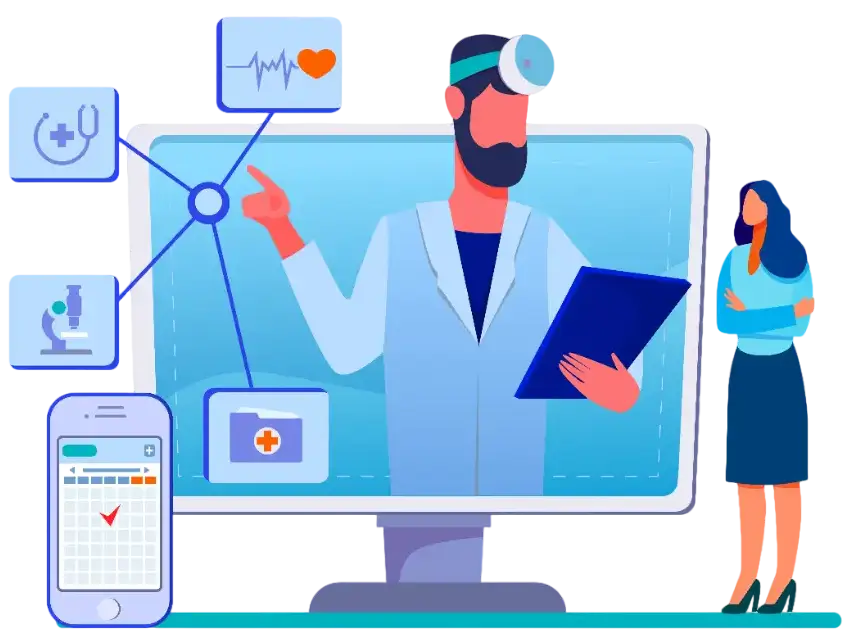
Customer Relationship Management software is a powerful tool that helps businesses manage their interactions and relationships with customers. It offers a centralized platform for storing customer data, tracking interactions, and streamlining various sales, marketing, and customer service processes.
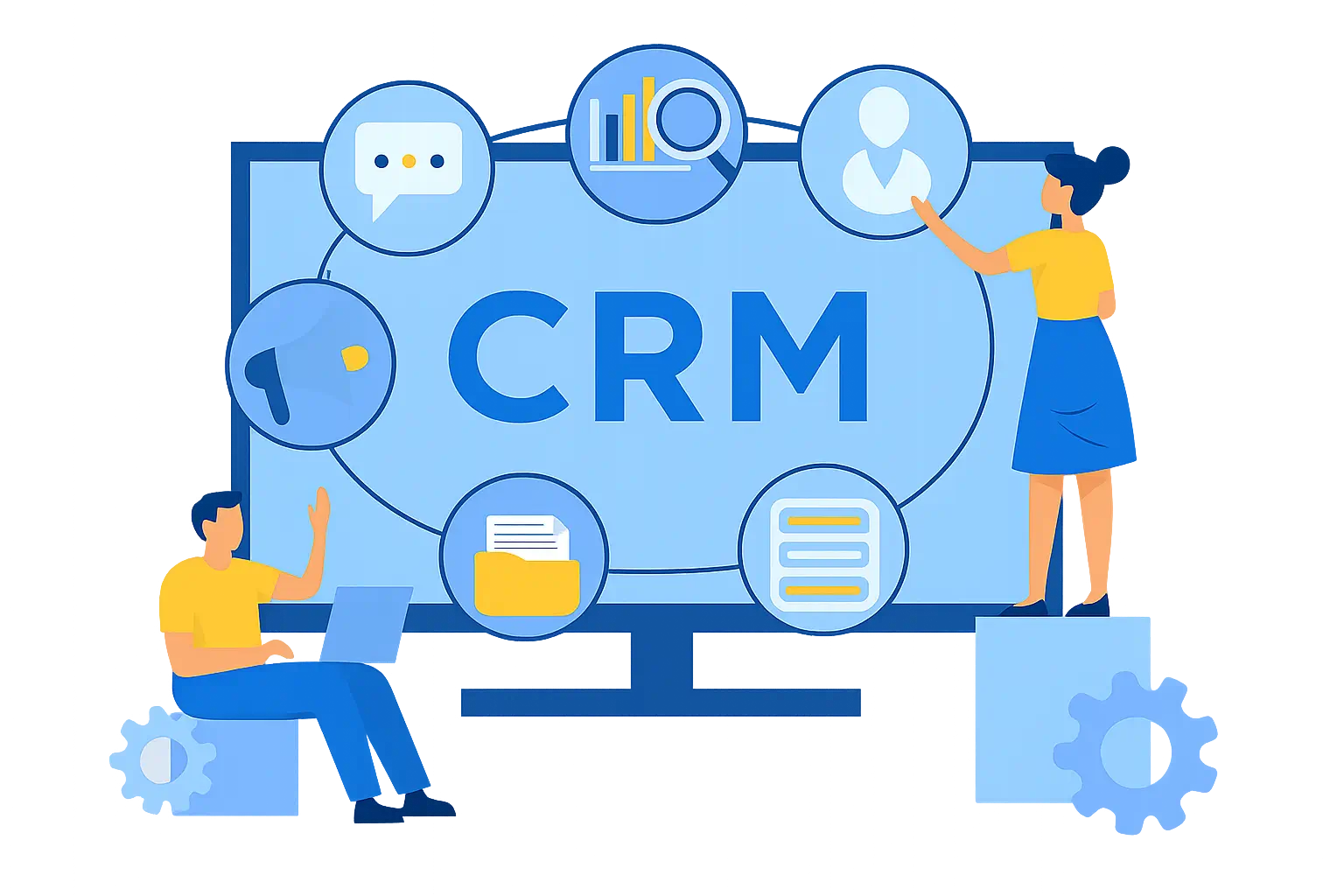
Transforming banking and Patsanstha management with smart, efficient solutions!
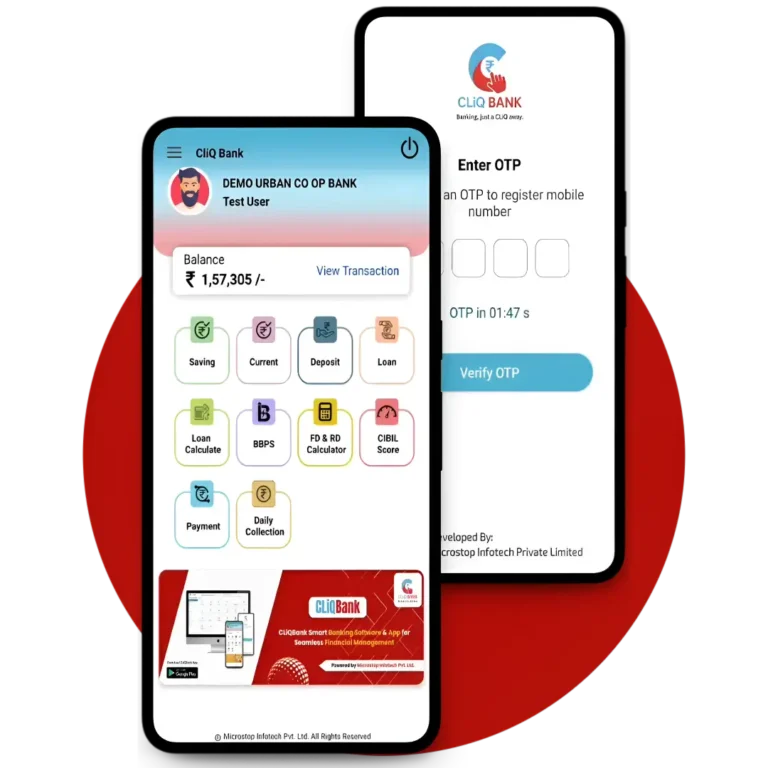
CLiQBank is an all-in-one banking management app designed for banks, patsansthas, and employee societies. It simplifies account management, transactions, and member services with a secure and efficient platform. With real-time analytics, automated reports. CLiQBank enhances financial operations, ensuring smooth and transparent banking for all co-operative institutions.

Scan the QR Code to download the CLiQ Bank App
Download app from
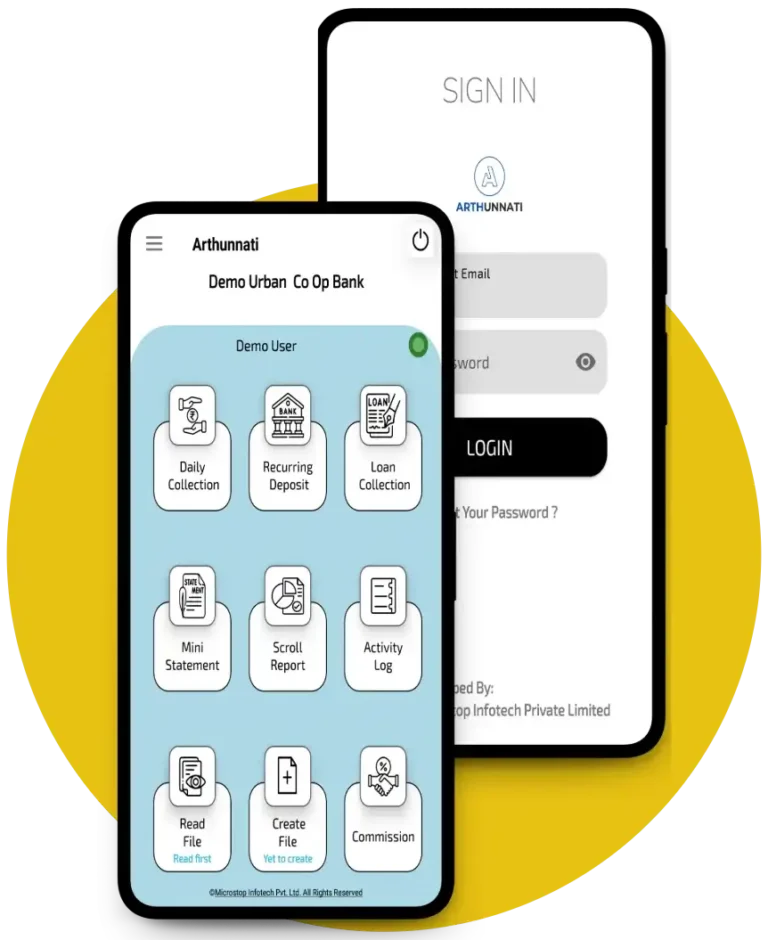
Arthunnati is a smart and efficient collection app designed to simplify daily deposits for agents and financial institutions. It makes the process of collecting, managing, and tracking customer payments easier, ensuring secure and hassle-free transactions. With real-time analytics, automated reports, and an easy-to-use interface, the Arthunnati app makes financial collection more simple and transparent for agents.

Scan the QR Code to download the Arthunnati App
Download app from

Advanced banking software for co-operative banks and financial institutions – manage accounts, loans, deposits, reports, and compliance with ease.

Trusted patsanstha software tailored for urban co-operative credit societies – streamline member management, savings, loans, and financial reporting.

Smart asset management software to monitor asset lifecycle, depreciation, maintenance schedules, and inventory across your organization.

Powerful firewall software to protect your network infrastructure with real-time threat detection, prevention, and secure access control.

Reliable data backup software for secure, automated cloud and local backup of critical business data, ensuring business continuity.

Complete payroll processing solution with employee attendance, salary calculation, tax, and compliance management.

Organize, manage, and retrieve your digital documents with ease using our secure and searchable document management system.

All-in-one hospital management software to handle appointments, billing, patient records, inventory, and more for clinics and hospitals.

Efficient school ERP software for managing admissions, fees, student records, staff, communication, and academics.
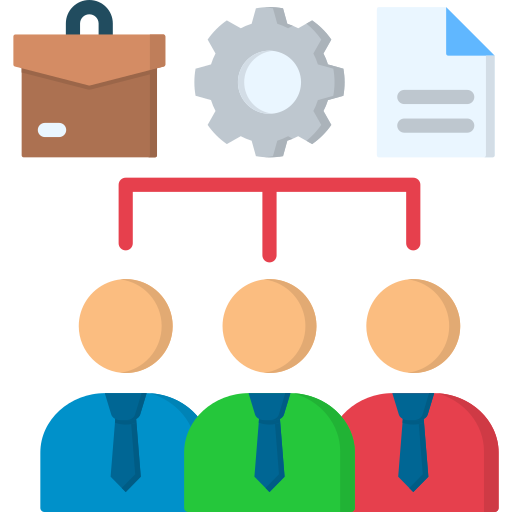
Boost sales and customer retention with our easy-to-use CRM software, featuring lead tracking, communication, and reporting tools.
Our Journey & Achievements

We have been a customer of Microstop Infotech Pvt. Ltd. for the past 16 years and have been using their CLiQBank software with great satisfaction. Throughout this time, we have maintained a strong and mutually understanding partnership. Microstop Infotech Pvt. Ltd. has never let us down. The inclusion of RBI reports in the CLiQBank software greatly assists us during audits. We will continue using this software in the future and highly recommend it to all co-operative banks.

For the past 25 years, we have been using Microstop Infotech’s CLiQBank core banking online software. It has always been a great experience working with Microstop Infotech. The support and services they provide are consistently up to the mark.

We have been using Microstop Infotech’s Arthunnati software for the past 6 years, and our experience has been excellent. The reports and services they provide are very reliable and of high quality. We have not faced any issues so far. I would highly recommend this software to every Patsanstha.

We have been using this software for the past 15 years and are happy with the services and features it offers. One of the most useful features is the recovery list. Best wishes to Microstop Infotech Pvt. Ltd. for their Arthunnati software.

How AI is Transforming Traditional Banking & Finance in 2025 is evident as artificial intelligence (AI) enhances efficiency, security, and...
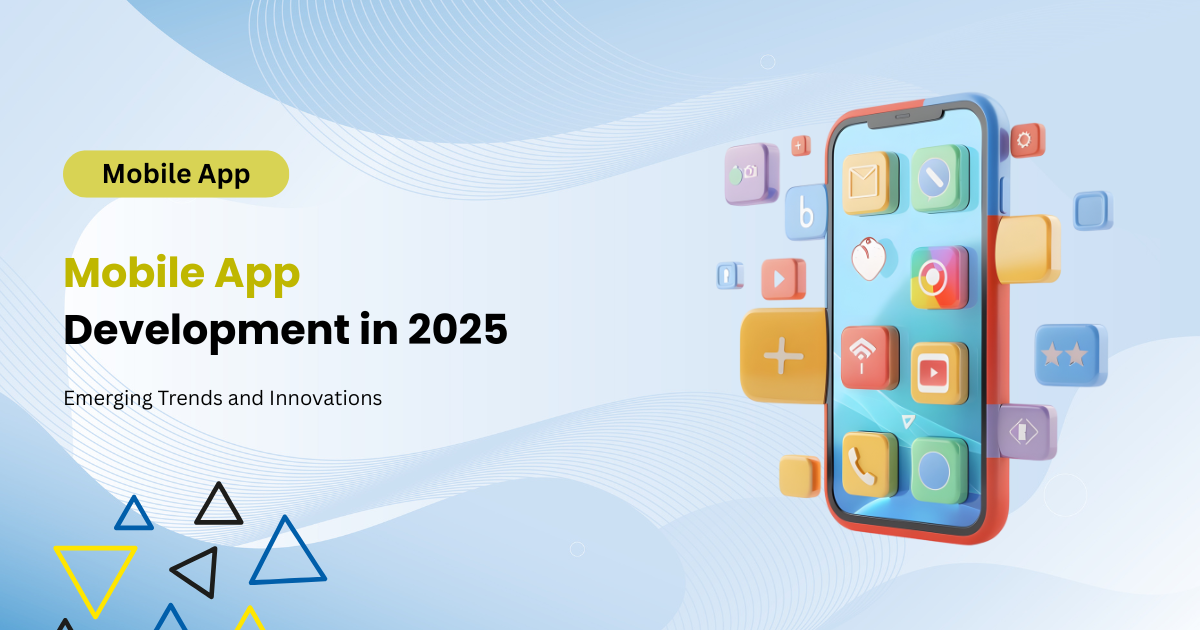
Mobile App Development in 2025 is being shaped by the powerful combination of AI, 5G, and evolving user expectations. Artificial...

In today’s fast-paced digital world, convenience and speed are no longer luxuries they’re expectations. The city of Nashik, emerging as...
Wide Range of Technologies
Reliable, Scalable, Built to Empower Your Business